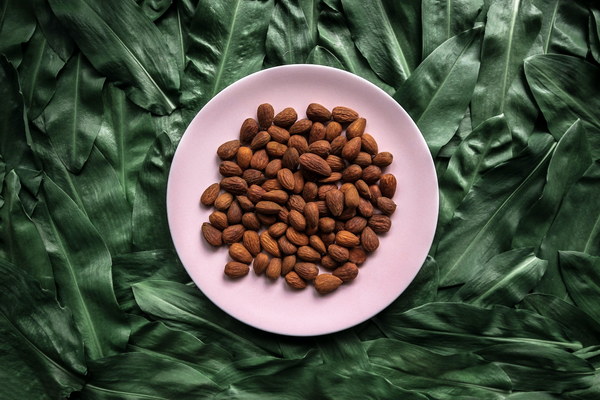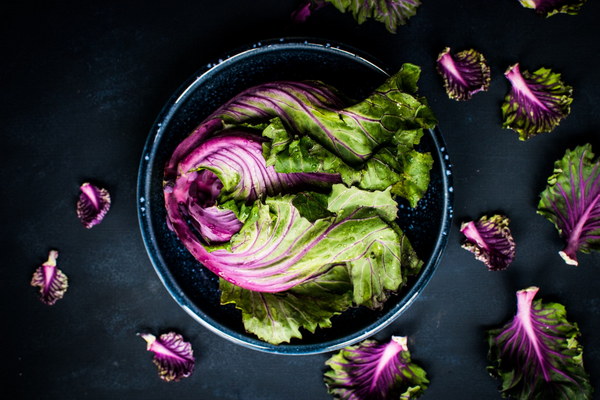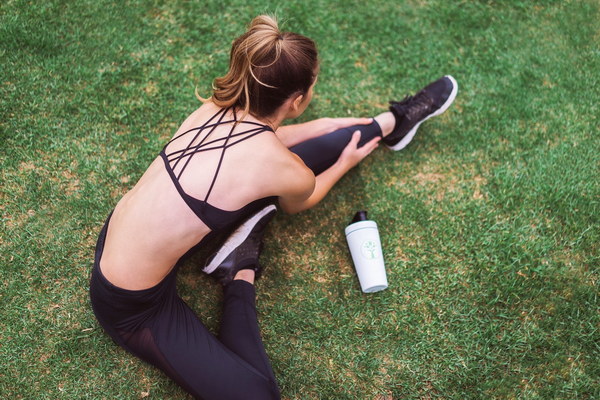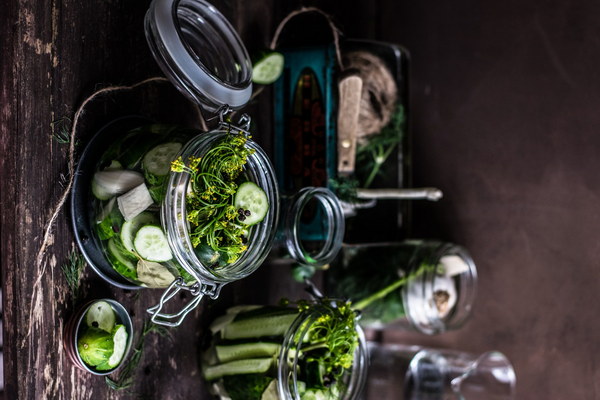Is It Wise to Drink Wetness-Relieving Tea When You Have Dampness in Your Body
Introduction:
In traditional Chinese medicine, dampness is considered a common culprit for various health issues. Many people turn to wetness-relieving tea as a natural remedy to combat this imbalance. But is it really wise to drink such tea whenever you feel dampness in your body? Let's delve into this topic and explore the benefits, risks, and appropriate usage of wetness-relieving tea.
Benefits of Wetness-Relieving Tea:
1. Improves digestion: Dampness often leads to poor digestion, causing symptoms like bloating, constipation, and diarrhea. Wetness-relieving tea can help improve digestion by promoting the flow of Qi (vital energy) and enhancing the functioning of the spleen and liver.
2. Boosts metabolism: Dampness can slow down the body's metabolism, leading to weight gain and other metabolic disorders. By promoting the circulation of Qi and removing excess dampness, wetness-relieving tea can help boost metabolism and maintain a healthy weight.
3. Relieves joint pain: Dampness in the body can cause joint pain, stiffness, and swelling. Wetness-relieving tea can help alleviate these symptoms by reducing dampness accumulation in the joints.
4. Enhances energy levels: Dampness can lead to fatigue and low energy levels. By eliminating dampness and improving Qi flow, wetness-relieving tea can help you feel more energetic and revitalized.
Risks and Considerations:

1. Individual differences: It's essential to note that not everyone may benefit from wetness-relieving tea. Some individuals may have other underlying health conditions that require specific treatment. It is advisable to consult a healthcare professional before starting any new herbal remedy.
2. Overuse: Consuming wetness-relieving tea excessively can lead to adverse effects, such as dehydration and electrolyte imbalance. It's important to follow the recommended dosage and duration of use.
3. Interactions with other medications: Some ingredients in wetness-relieving tea may interact with certain medications. It's crucial to inform your healthcare provider about any herbal remedies you're taking to avoid potential complications.
Appropriate Usage:
1. Consult a healthcare professional: Before starting wetness-relieving tea, it's important to seek advice from a healthcare provider, especially if you have pre-existing health conditions or are taking medication.
2. Follow the recommended dosage: Stick to the recommended dosage and duration of use as advised by your healthcare provider or the tea's instructions.
3. Monitor your body's response: Keep track of how your body reacts to wetness-relieving tea. If you experience adverse effects, discontinue use and consult a healthcare professional.
4. Maintain a healthy lifestyle: While wetness-relieving tea can help alleviate dampness-related symptoms, it's essential to maintain a healthy lifestyle, including a balanced diet, regular exercise, and adequate sleep.
Conclusion:
Drinking wetness-relieving tea can be beneficial for those with dampness in their bodies, provided it is used appropriately and under the guidance of a healthcare professional. However, it is not a one-size-fits-all solution, and individual differences should always be considered. By understanding the benefits, risks, and appropriate usage of wetness-relieving tea, you can make an informed decision about incorporating it into your wellness routine.









